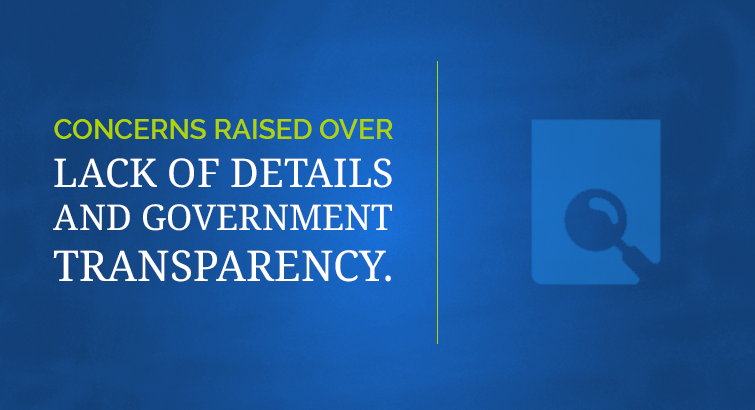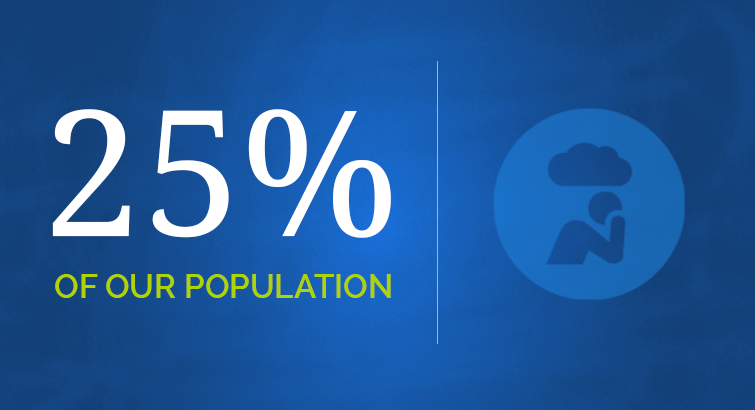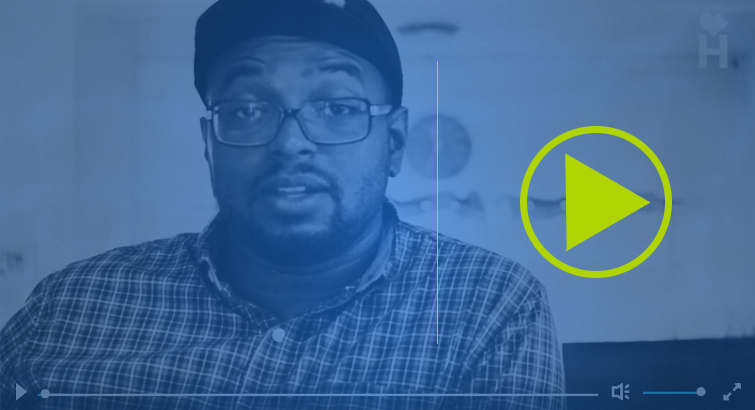|
The agreement of June 2016 between the Government of Guyana and Esso Exploration and Production Guyana Limited, CNOOC NEXEN Petroleum Guyana Limited and Hess Guyana Exploration Limited (herein referred to as the “Petroleum Agreement”) contains a number of interesting provisions in Article 19 which attempt to ensure that the Contractor (Esso, Nexen and Hess) gives Guyanese preference in terms of employment opportunities. Art 19.2 “Without prejudice to the right of the Contractor to select employees and determine the number thereof in conduct of Petroleum Operations, the Contractor shall require the Operator to employ and contractually obligate Sub-Contractors to employ Guyanese citizens having appropriate qualifications and experience in the conduct of Petroleum Operations in Guyana.” I must note before commenting on this provision, how happy I am that there are contractual terms in the Petroleum Agreement dealing with this important issue. Having said this, I find it difficult to imagine how the Contractor can be obligated to employ Guyanese without prejudicing their right to select employees. In other words, the provision appears to me to be inherently contradictory. Beyond that, the extent of this obligation is not set out (such as a quota or percentage system) nor is there a consequence for breach (not that I can work out what action constitutes a breach in the first place). Based on my perusal of the Petroleum Agreement no policy document is referred to or incorporated which would shed light on how this provision is to operate effectively. The question arises as to how the Government intends to ensure that this provision amounts to more than just “lip-service”? Art 19.3 “ During each year of the term of the Petroleum Prospecting License, or any renewal thereafter the Contractor shall pay to a Government account for the Ministry Responsible for Petroleum the amount of three hundred thousand United States Dollars (US$300,000) for one or more of the purposes mentioned in Article 19.3 (a) through (d). Payments under this Article 19.3 shall be paid directly into bank accounts held and controlled by the Government. Contractor shall verify such bank accounts and the Minister agrees to cooperate, assist and provide Contractor any information it requires to conduct such verification. (a) To provide Guyanese personnel nominated by the Government with on-the-job training in Contractor’s operations in Guyana and overseas and/or practical training at institutions abroad; (b) To send qualified Guyanese personnel selected by the Government on courses at universities, colleges or other training institutions; (c) To send Guyanese personnel selected by the Government to conferences and seminars related to the petroleum industry; (d) To purchase for the Government advanced technical books, professional publications, scientific instruments or other equipment required by the Government.” Unless I had missed it, there has not been any discussion on this particular provision and, given its impact, there should have been. Several concerns come to mind. Firstly, will the Government be transparent in its plans for the use of these funds? It would appear that everyone agrees that, notwithstanding Guyana’s particular circumstances, the US$18,000,000 signing bonus encapsulated in Article 33 is too low; not to mention, the clandestine manner in which the signing bonus was dealt with; until the Government was pressed into acknowledging its existence. The Government might, therefore, consider redeeming itself by operating in a manner that is completely transparent in regard to this US$300,000 sum. We as citizens must demand this transparency at every turn. Secondly, is US$300,000 enough for these purposes? On the face of it, this figure seems paltry, after all, this is meant to cater for (a) through (d). If this sum were utilized for (b) alone I find it difficult to imagine more than a handful of Guyanese benefiting from it. Thirdly, what is the status of those persons nominated by the Government who receive training from these funds? Are these people guaranteed employment? Since Art 19.2 seems to suggest that the Contractor’s right to select employees is not prejudiced, it does not appear to be the case. Art 19.4 “Within sixty (60) days prior to the beginning of each year, or part thereof as applicable, the Contractor and the Minister shall provide a yearly plan for the utilization of qualified Guyanese personnel for the upcoming year. Following the submission of the plan, the Contractor and the Minister shall meet to discuss and consider the effectiveness of the plan. The Contractor shall provide half yearly reports submitted within 30 days after the end of each half-year to the Minister outlining its achievements in utilizing qualified Guyanese personnel during the previous half-year and make appropriate adjustments to the yearly plan to better accomplish the goal of increasing the number of qualified Guyanese personnel available for use by the Contractor in its Petroleum Operations and other entities performing petroleum operations in Guyana.” This provision appears to be certain in its obligation. Will this yearly plan be made public? Again, the Government can use this opportunity to restore public confidence by demonstrating that a well thought out plan has been proposed. I cannot think of a legitimate reason why this plan should not be the subject of public scrutiny. Indeed, the Government may be able to use this provision to reopen negotiations on some of the positions, such as the payment of US$300,000, since it speaks to “appropriate adjustments”. What these provisions need more than anything else are details, and it is the obligation of the Government to continuously barter for a better position for Guyanese. All of this, of course, will mean very little if the Contractors already possess almost all of the employees they need to effectively carry on operations in Guyana. Perhaps of more value to Guyana is Article 18 of the Petroleum Agreement, which is drafted in a similar manner to Article 19, but speaks to an obligation of the Contractor to use Guyanese goods and materials. (see in conjunction with ANNEX D – Pre-Approved and Certified Petroleum Operation Items) CONCLUSION While this Petroleum Agreement is intimidating in size, it is not inaccessible in terms of technicality or terminology; it is written in plain English. I encourage everyone to read it and to think of their future in terms of oil and gas. In order to hold our Government accountable and demand transparency, we must be aware of the facts. Oil is part of our future, let’s make the best of it.
0 Comments
In Guyana, we tend to think of persons with mental health issues as being “mad”, street dwellers, and patients at the National Psychiatric Hospital. Most might be surprised to learn that the symptoms of mental health illness can include the following: - Changes in eating and sleeping patterns (increase or decrease) - Loss of interest in previously enjoyed activities - Prolonged sadness, anger, nervousness, fear or irritability - Social withdrawal or Isolation - Loss of energy, motivation, productivity and efficiency - Issues with concentration, memory or rational thought - Increased use of alcohol or illegal substances - Hearing voices or seeing things that are not there - Physical symptoms such as headaches, chest pain, dizziness or sweating. - Suicidal thoughts Mental Health is therefore the state of our emotional and psychological well-being, which is the state of being comfortable, healthy and happy. Having good mental health is not just living without a diagnosis of mental illness but also making a good contribution to society. It means that we are able to go to school, obtain and maintain employment, have healthy relationships and more importantly, think, feel and act healthily with the capacity to change if needed. If someone has dysfunctional thoughts, moods or behavior, they may be suffering from a mental illness. The World Health Organization has determined that one in four people in the world will be affected by mental or neurological disorders at some point in their lives. Statistically, this means that over four hundred and fifty million persons around the world will be suffering from mental illness. Mental illnesses such as depression or anxiety are more common than non-communicable diseases such as cancer or diabetes. A study conducted by researchers (Dr. Jorge Balserio., Bhiro Harry et al.) from the Georgetown Public Hospital Corporation found that more than 200,000 Guyanese are suffering from some form of mental illness. This figure represents about 25% of our population, a staggering amount. This basically means that if you are not suffering from a mental illness, you probably know someone who is. Mental illness is so prominent yet we unconsciously silence those who are suffering. Many persons are afraid to talk to someone because it is believed that the mental illness defines them and makes them less a person. People are not afraid to say that they have cancer because cancer does not define who they are and how they are perceived. Why is mental illness different and more stigmatized? Attempting to have good mental health is attempting to improve your overall quality of life. Good mental health means greater self-esteem and self-confidence, motivation, productivity and efficiency. It allows us to sleep better, eat and exercise. It builds greater resilience. No one is immune to life’s stressors; we all, at one point or another feel unhealthy amounts of stress. Having good mental health is what allows us to healthily and effectively deal with stress and bounce back from adversity. Our mental health can negatively influence our physical health and result in multiple ailments such as heart, kidney and respiratory issues. Where does mental health illness come from? It emerges from a complex mix of genetic, biological, psychological and environmental factors. No one factor results in a mental illness. An individual is two to three times more likely to develop a mental illness, if it exists in their family. Distressing situations such as head trauma, substance abuse and personal traumas like domestic abuse also makes persons more likely to develop a mental illness. The National Institute for Mental Health (NIMH) has determined that 90% of suicides are caused by mental illnesses. Considering the prominence of mental illness, it is beneficial for everyone to know the signs and symptoms, such as outlined earlier, which may point to its onset. There are more than two hundred classified forms of mental illnesses. Some of the more common disorders are depression, anxiety disorders and schizophrenia. There are specific symptoms that come with certain disorders but there are universal signs that you may be suffering from a mental illness in general. These are typically characterized by sudden, yet prolonged changes in mood, thinking and behavior. If you have been continuously experiencing a number of these symptoms for more than two weeks, seeing a mental health professional is recommended. CONCLUSION What can you do to help heal those with mental illness? Firstly, educate yourself and others on mental illness. Encourage more open conversations on the subject, as this is the only way to break the stigma and allow mental health to be treated as a legitimate health condition. The more we talk, the more people feel they can speak. The more we share, the more others feel comfortable sharing. Secondly, if you believe you may have a mental illness, be assured you can be helped. Mental illness does not have to control your life. All types of mental illnesses can be effectively treated and managed with proper medication and counselling. Do not be afraid to reach out. Remember that mental illness is not a personal failure. How you feel is not who you are.
Heal Guyana member, Phillip Williams, shares a few casual phrases that many of us as Guyanese express among ourselves during our everyday conversations. Whether or not we are aware, these seemingly harmless statements are extremely racist and they serve to keep our society trapped in a collective mindset where our people are divided and our circumstances never improve. Starting with Ourselves. Take the necessary steps from today to breakaway from these destructive expressions and behavior patterns. Racism hurts everyone and as long as we continue to fight among ourselves, we will remain vulnerable to all forms of external manipulations and political influences which seek to benefit from keeping us distracted from the real issues, relating to Guyana's development.
|
About Us:Heal Guyana is a registered, not-for-profit organisation which functions as a civil society platform that focuses on empowering Guyanese and influencing citizens toward positive behavior change. Disclaimer:The views expressed herein are those of the Author; they do not necessarily reflect the views of Heal Guyana or its Executives. |








